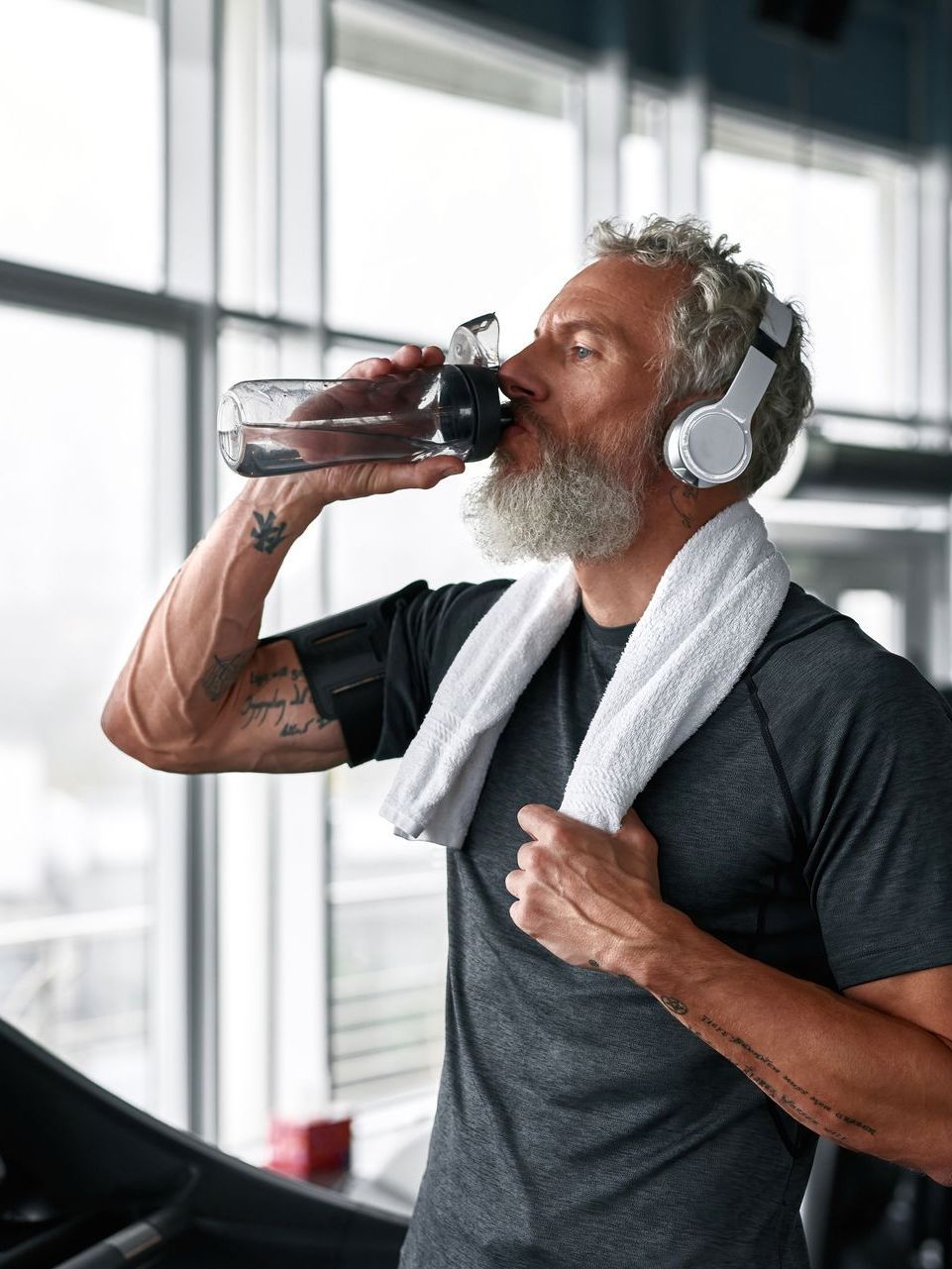Testosterone Management
Testosterone Management Therapies
As men age, their testosterone levels are no longer something they can take for granted, generally dropping by one percent every year after they turn 30 or 40 in some cases. Men with low testosterone levels can experience uncomfortable to debilitating symptoms, including:
- Fatigue
- Reduced libido
- Erectile dysfunction
- Depression
- Loss of muscle mass
- Increased body fat
- Decreased bone density
- Difficulty concentrating
While this is a naturally occurring process for older men, some younger men may also experience this. Hypogonadism is a condition in which the testicles don’t produce enough testosterone during puberty when masculine development is critical. For men with hypogonadism, and for some older men looking to reduce their symptoms, doctors may recommend testosterone replacement therapy.
What Is Testosterone Therapy?
Testosterone replacement therapy (TRT) is designed to increase testosterone levels and alleviate symptoms. TRT can be delivered through a myriad of means, including intramuscular injections every one to two weeks, oral tablets, daily skin creams, surgical subcutaneous implants and skin patches. Which option will work best for you will depend on your needs and preferences. The men’s health physicians at St. Hope Healthcare will balance the benefits and risks of these therapies while curating a personalized treatment plan for you that’s effective while also being as comfortable as possible.
TRT can significantly boost your energy levels as well as improve your mood, libido levels and muscle mass. However, whether TRT is worth the risks and side effects for older men seeking symptom management may vary depending on the severity of symptoms.
Is Testosterone Therapy Safe?
Testosterone replacement therapy (TRT) can have serious side effects, ranging from worsened sleep apnea or skin reactions to topical TRT applications to an elevated risk of blood clots. It can also increase the likelihood of developing cardiovascular and prostate issues later on.
TRT isn’t for everyone. Even if you’re younger and at less risk of complications, the treatment can reduce sperm production – meaning you shouldn’t take TRT if you’re trying to have a baby.
Your doctor will help you understand your treatment options and assiduously monitor your condition to mitigate the risks and ensure your current treatment plan is safe and successful.
Why Effective Testosterone Management Is Important
Suffice it to say that managing your testosterone to avoid supremely low levels can protect men of all ages from negative side effects and an impacted quality of life. Having high testosterone levels can have its own set of negative consequences and risks, including causing your prostate to enlarge unnaturally.
Cancer cells in the prostate rely on testosterone to grow, meaning a man’s level of testosterone can determine their risk level for prostate cancer. Having higher levels could speed up disease growth and aggravate your risk of a positive diagnosis. This is why hormone therapy is a standard treatment option for prostate cancer, as it involves blocking testosterone in the body to deprive the cancer of its primary growth resource.
Because black men statistically have higher levels of testosterone than white men, testosterone therapy may not be recommended. Their hormone levels put them in danger of not only developing malignant cells but developing them at such a rapid rate that their cancer diagnosis can turn high-grade quicker than white men. Elevating their testosterone with TRT can increase their risk.
How to Manage Your Testosterone Levels
Alternatively, men can raise their testosterone utilizing natural, minimally invasive techniques, such as eating a diet rich in zinc and vitamin D to sustain their hormone content. Engaging in regular strength training can not only boost your testosterone but also fortify your body against loss of muscle mass due to low testosterone. Even simple tasks to improve your general quality of life – including getting high-quality sleep regularly, minimizing stress and reducing alcohol consumption – can protect you from a testosterone imbalance.
Houston Patients Can Receive the Focused Men’s Health Care They Need at St. Hope Healthcare
The primary care physicians at St. Hope Healthcare are ready to help you manage your symptoms with a customized treatment plan that puts your needs and preferences first. We have the experience and resources to maximize the efficacy of your treatment and will work hard to optimize your health and quality of life.
Call 713.778.1300 to schedule an appointment today.




